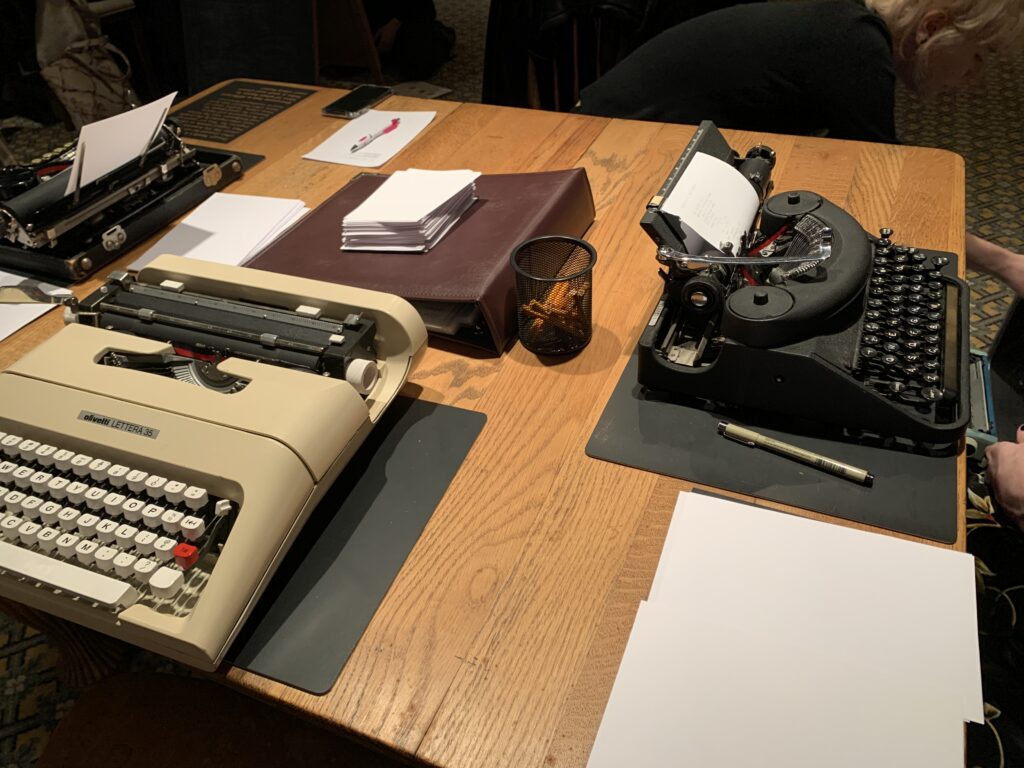
It’s simple: you give us your name, a topic, about fifteen minutes, and we type (that is, on old manual typewriters) a poem on the topic you’ve given us. Then we read you the poem, and you get to take it with you.
The AAC’s POEMS WHILE YOU WAIT group was started in 2014 by poet and AAC Head of creative Writing Matt Hart, and is based the Poems While You Wait model started by Kathleen Rooney and Eric Plattner in Chicago, IL.
To date, the AAC’s POEMS WHILE YOU WAIT group has partnered with, and performed for, various arts and civic organizations in the Greater Cincinnati area, including The Cincinnati Contemporary Arts Center, The Taft Museum of Art, The Cincinnati USA Business and Visitors Bureau, The Cincinnati Opera, MadTree Brewing, and the 21c Museum and Hotel, among others. POEMS WHILE YOU WAIT writers consist of current and former AAC Creative Writing students and faculty (and occasionally special guests).
POEMS WHILE YOU WAIT is available to appear at your special event. If you would like to book us, or if you have questions about it or Creative Writing at the AAC, please contact Matt Hart, Head of Creative Writing: email Matt Hart
If it’s just a game
Then we’ll hold hands just the same
So what, we’re bleeding but we ain’t cut
And I could purge my soul perhaps
For the imminent collapse
Oh yeah, I’ll tell you what we could do
You be me for a while, I’ll be you-from “I’ll Be You”
To do Poems While You Wait is to write for, with, and sometimes against (in a friendly-even loving-way) the wishes of one other person. It makes poetry a thing that happens between people-a writer, who is a reader, and a reader, who is a writer. Imaginations entangled. “We only ever write poems for the people we love and who love us,” Dean Young once said to me standing next to a campfire, very seriously, and beaming. PWYW reminded me of this and also helped me understand that the people we love and who love us aren’t necessarily finite. There are so many people we could love, and who could love us, if we’d only take the time. PWYW provides some time, makes the space, allows poetry to come between people as a way to connect them in a moment of recognition: In this, we are together. We are charged and (shockingly somehow) electric.
*
Maybe it goes without saying (but I’ll say it anyway), writing poems for people in this way (right now, on demand, with a quickness) is a marvelously humbling thing. There’s no crafting a precious indelible object here. Craft is whatever knowledge of poetry you bring with you and deploy in the moment (because of course it’s the description of everything that’s already been done in poetry) (and to be honest, knowledge seems more of a roadblock than a help in this context-one has to feel something, one has to abandon all knowledge, and write). In PWYW, one has to set aside expectations, and get to work. Chop chop. There is no revision (though occasionally, there are a few handwritten edits), e.g. if the writer accidentally leaves out a word or twists “their” into “thier”. The PWYW writer’s limits are the limits of what he or she can write right now for one other person (waiting in the wings/waiting for their wings) and that, very clearly, is powerful. People sometimes cry when they read the poems that they’ve prompted. Or they stand in a group with their friends and read them out loud. They share with each other. They laugh themselves silly. They can’t believe what they’ve done. Very often they are in awe, but we, the writers, are also very often in awe of the experience we’ve ushered into the world with that one other person, together. It is refreshingly unsubtle, refreshingly present, a call for a response for a call for a response for a call… which is connection: Hello, it’s me, and this is for you.
*
*
After that first experience doing Poems While You Wait in Chicago, I took PWYW (with Kathleen Rooney’s kind permission) back with me to Cincinnati, where I’ve been doing it around town with my students-ostensibly to help raise money for the reading series and visiting writers program at the Art Academy of Cincinnati where I teach. In the last several years, budget cuts have meant that funding for creative writing programs/activities, like those just mentioned, has become almost non-existent. PWYW has made it possible for us to continue bringing writers to campus and into the classroom. More importantly, however, it’s given me and my students the opportunity to step outside ourselves, to write poems for other people while trying to imagine what it’s like to be those people in some small way-that is, to long for what they long for, to enjoy their joy, to feel (a few moments) their pain. This is what empathy and generosity and faith in the mysteries of our own human being are all about. As such, it’s a thing to learn and re-learn, a thing to connect us in terms of similarities and differences both: poetry as radical inclusion/constellation.
With this in mind, it turns out that Poems While You Wait is a great teaching context. But it’s not me who’s doing the teaching-the students are teaching themselves by engaging with other people and the world via poetry. I too am a student. I too get to learn so much that I don’t already know. Put another way, we get to consider our own poetic interests and practice against the backdrop of someone else’s (usually a stranger’s) poetic desires, expectations and wishes. And this in turn forces us to construct images, make associative leaps, use language, and make music in ways we wouldn’t ordinarily. The result is more strategies for making poems, more tools in our poetic toolboxes, a willingness to make mistakes-to fail to succeed, to hear the “air” in “error” and to fly on it. We come to believe that I is in fact significantly somebody else, and that this delimits us, changes us-deranged or not, distorted or not. In Poems While You Wait, poetry makes the world in our image, which is someone else’s image. Everything is connected, more similar than different, urgent with bewilderment and surprise and even soul. Give us a topic. Give us some words. Everything changes while you wait.
– Matt Hart
(reprinted from the anthology While You Were Waiting: PWYW Live @5 edited by Eric Plattner and Kathleen Rooney)






Additional generous support from: John J. & Mary R. Schiff Foundation, P&G Fund of The Greater Cincinnati Foundation, Thomas R. Schiff Foundation, Hamilton County.
